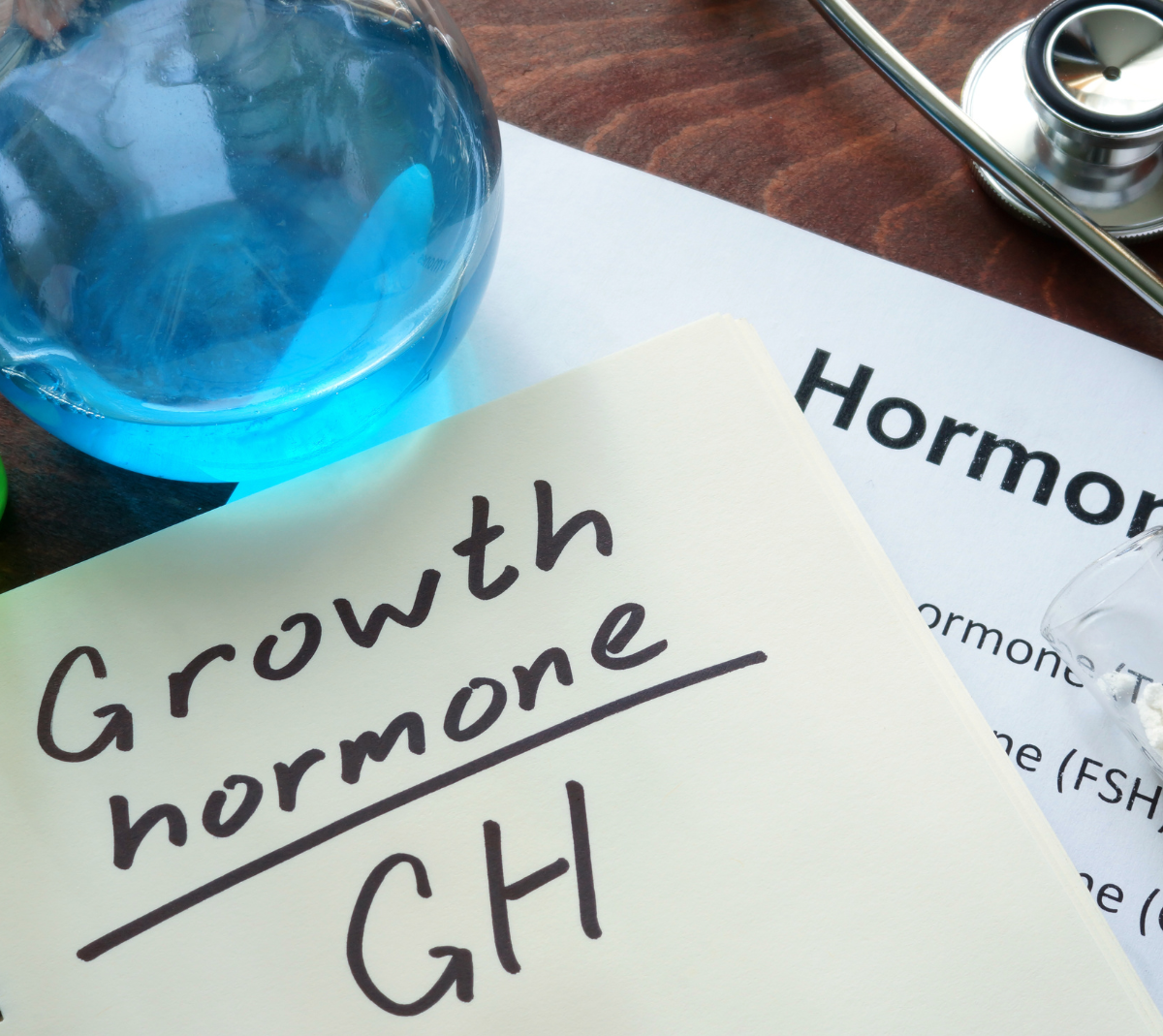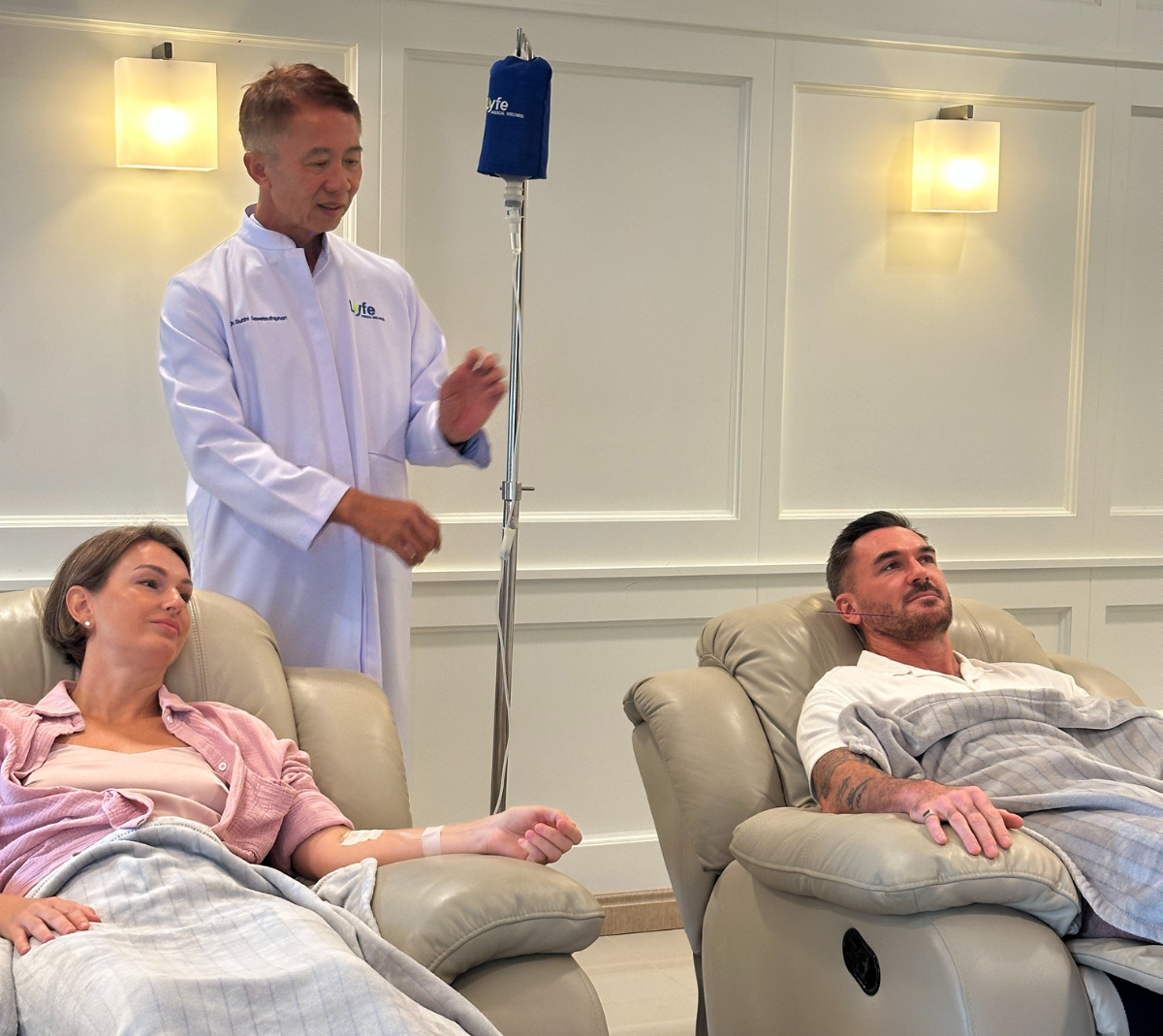Just imagine a thermostat that regulates the heating and cooling of your home. That’s similar to the role your thyroid gland plays in your body. Situated at the base of your neck, the thyroid gland controls everything from your heart rate to the rate at which your body burns calories. It’s a tiny organ with a significant impact on your overall well-being. But what happens when this vital gland becomes underactive? The result is a common health issue known as hypothyroidism.
What is Hypothyroidism?
Hypothyroidism, or underactive thyroid disease, is a condition where the thyroid gland doesn’t produce enough thyroid hormone. This imbalance can slow down many of your body’s functions, causing a variety of symptoms that can affect your quality of life.
What Causes Hypothyroidism?
Several factors can contribute to the development of hypothyroidism. For instance, your thyroid gland uses iodine to produce thyroid hormones. When your diet lacks enough iodine, it can lead to hypothyroidism. This issue is common in developing countries where iodine is not routinely added to the food supply.
Another primary cause is Hashimoto’s thyroiditis, an autoimmune disorder where the body’s immune system attacks the thyroid gland. This attack leads to chronic inflammation and eventually, hypothyroidism.
Women may also develop hypothyroidism after childbirth due to an immune system response. This condition, known as postpartum thyroiditis, usually resolves itself within a year after delivery, but not always.
Recognizing the Symptoms of Hypothyroidism
The symptoms of hypothyroidism can vary widely, depending on the severity of the hormone deficiency. Physical symptoms may include fatigue, weight gain, cold intolerance, and constipation, among others.
But it’s not just physical – hypothyroidism can also affect your mental and emotional state. It can lead to depression, cause you to feel sluggish, and make it difficult for you to focus. Recognizing these symptoms is the first step towards getting a diagnosis and starting treatment.
Diagnosing and Treating Hypothyroidism
To diagnose hypothyroidism, your doctor will conduct a blood test to measure your TSH (thyroid-stimulating hormone) levels. If your TSH levels are high, it may indicate that your thyroid isn’t producing enough hormones, leading to a diagnosis of hypothyroidism.
Once diagnosed, the primary treatment for hypothyroidism is hormone replacement therapy, typically involving a synthetic thyroid hormone called levothyroxine. Regular follow-ups are crucial to ensure optimal hormone levels and adjust the dosage as necessary.
Living with Hypothyroidism
Living with hypothyroidism can be a challenge, but certain lifestyle changes can help you manage your symptoms and maintain a good quality of life. A balanced diet rich in fruits, vegetables, and lean proteins can support your overall health, while regular exercise can help boost your energy levels and combat fatigue.
Moreover, managing stress and ensuring you get enough sleep can significantly improve your mental and emotional well-being.
How Lyfe Medical Wellness Can Help
At Lyfe Medical Wellness, we understand the impact of hypothyroidism on your life. We believe in a holistic approach to wellness that includes advanced diagnostic tests, personalized treatment plans, and a dedicated team of healthcare professionals who will work with you every step of the way. With us by your side, living a fulfilling life with hypothyroidism is entirely possible.
Conclusion
Living with hypothyroidism may be a challenge, but with the right understanding, diagnosis, treatment, and lifestyle adjustments, it’s entirely manageable. Remember, you’re not alone in this journey. Reach out to professionals like those at Lyfe Medical Wellness, who can guide you on this path to wellness.










